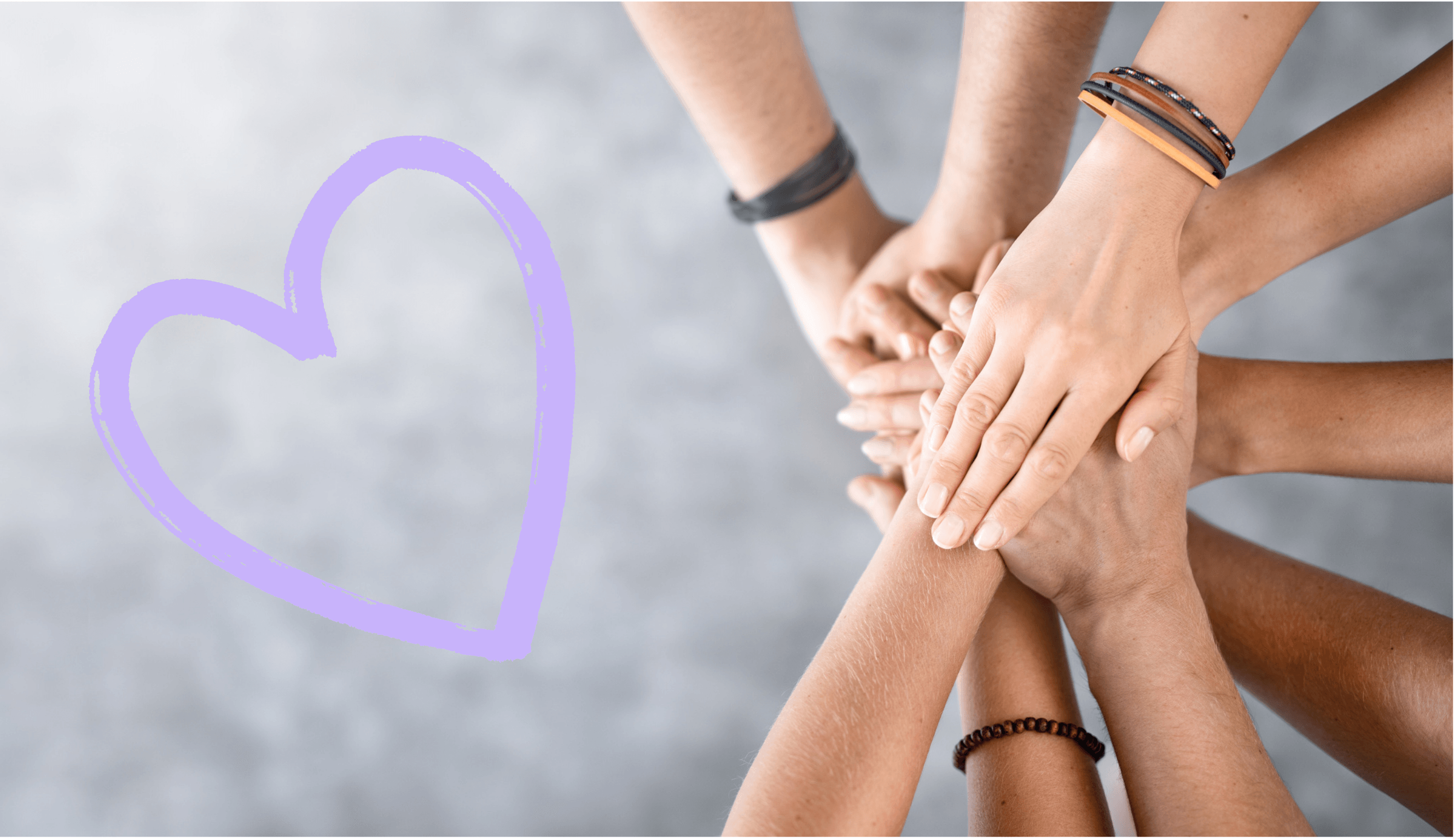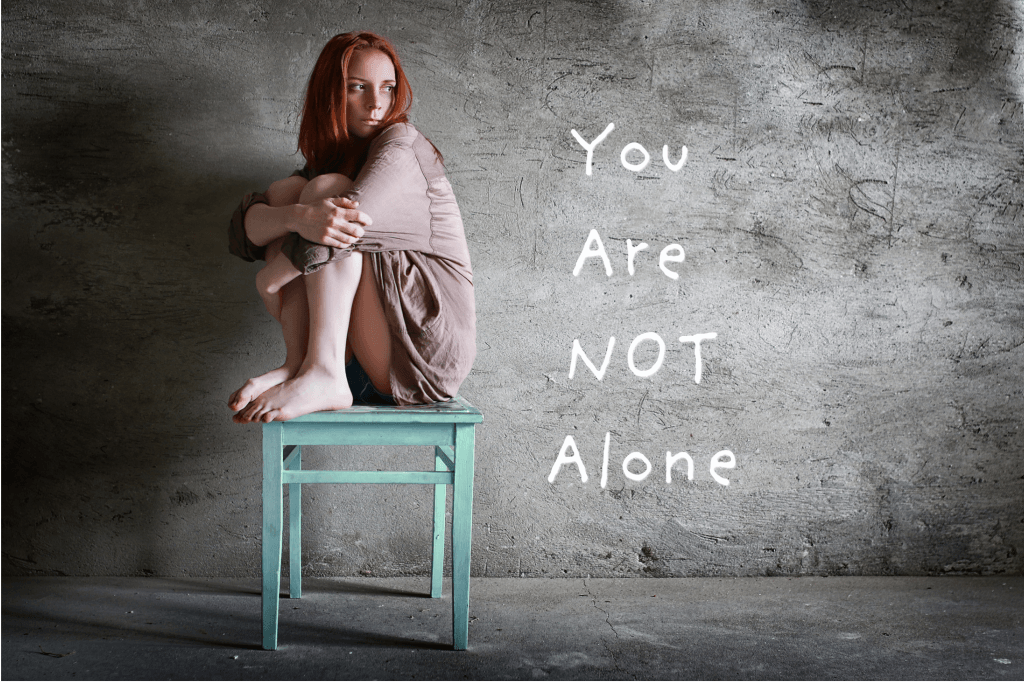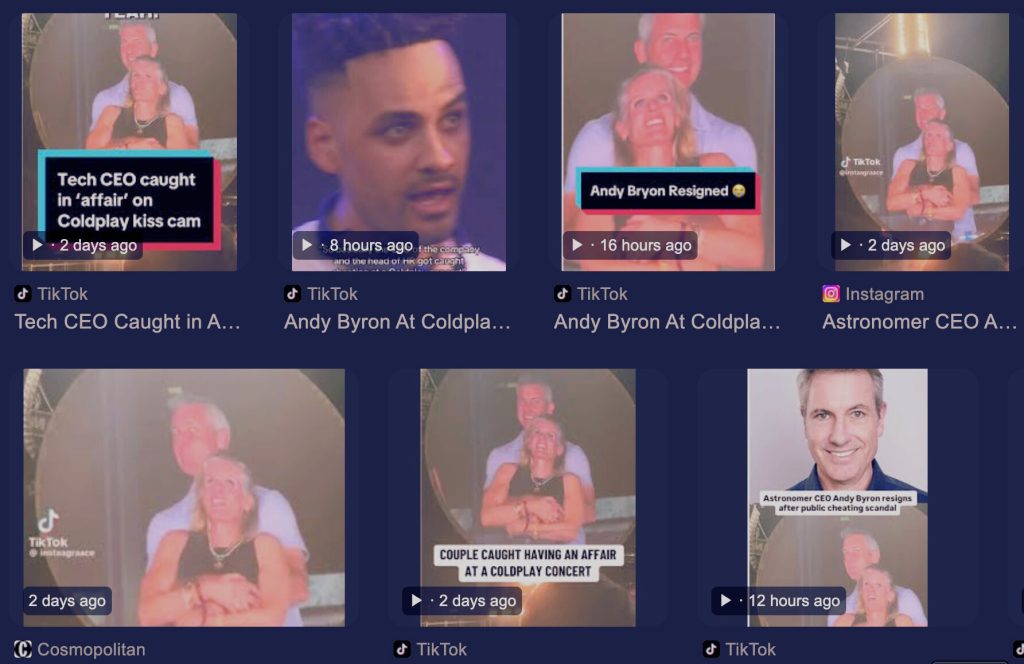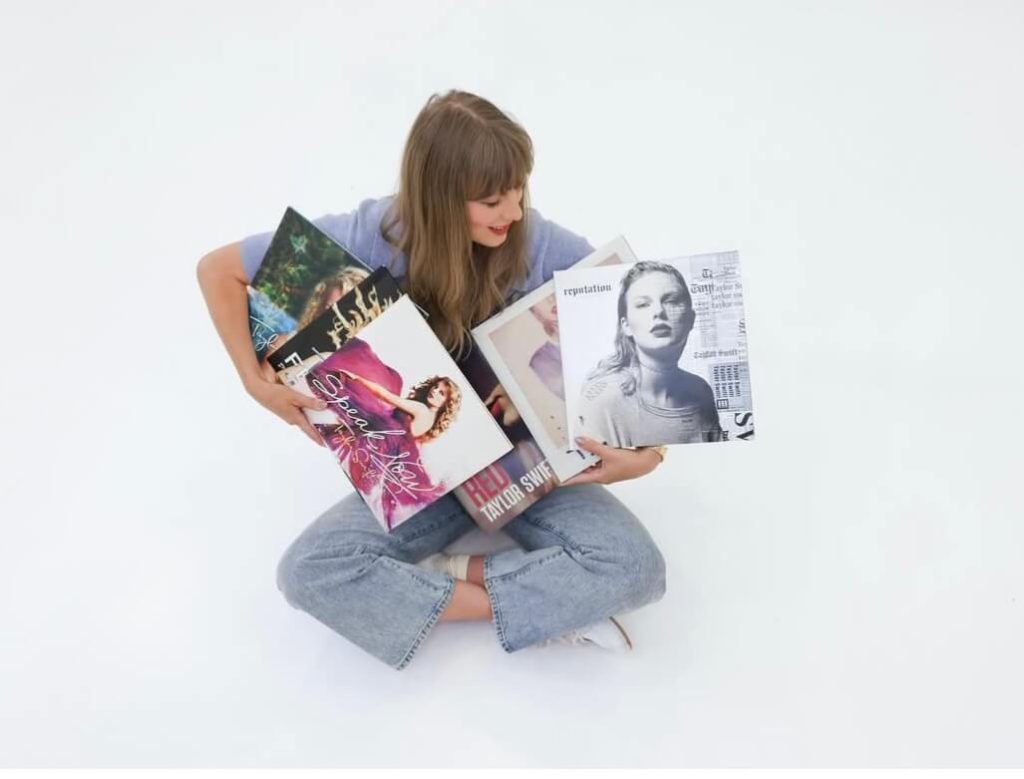“The hardest conversations don’t need perfect words, just presence”
Before TikTok therapists, wellness brands, or “holding space” became something you could hashtag… There were support groups. Not curated. Not monetized. Just people, carrying heavy things together in rooms where nothing had to be explained. It didn’t start with influencers or workshops. It started when pain needed a witness, and found one.
Support Groups – A Quiet History of Brave Rooms
Support groups have been around longer than most systems built to fix us. In the late 1700s in France, recovered patients were invited back into hospitals, not as cases, but as caretakers. The idea that healing could come from someone who gets it was born quietly, behind locked doors. By the 1800s in the U.S., mutual aid societies emerged out of survival, communities stepping up when no one else would. In the 1930s, Alcoholics Anonymous created a model: no experts, no judgment, just a circle and a promise, “you’re not alone”. Between the 1940s and 1970s, psychiatric survivors formed spaces like Fountain House, where recovery wasn’t a diagnosis but a shared human effort. And now, support groups exist for almost everything, grief, addiction, trauma, chronic illness, identity. Some gather in rooms, some meet online, some are whispered, and some are loud.
What connects them isn’t the topic. It’s the truth that We need each other.
Support Groups – Why It Still Matters?
A support group isn’t about “fixing” anyone. It’s about being seen without having to perform strength or shrink yourself to fit someone else’s comfort. In these spaces, You don’t have to explain your entire backstory to be understood. You’re not too much. You’re not alone in this. It’s a kind of connection that turns silence into something sacred, not awkward. Sometimes, someone else’s story helps unlock your own. Healing isn’t pushed, it’s allowed. You sit in a room, and someone nods. That’s the medicine.

In a World Addicted to Independence
We are praised for being strong alone. For “handling it.” For pushing through. But support groups remind us that healing is communal. We were never built to do this alone. Not the grief, not the shame, not the slow work of coming back to ourselves.
Support groups matter. Because sometimes, survival sounds like “me too.”
And healing begins the moment someone stays in the room with you.
Now, More Than Ever
Support groups have always mattered, but today, they might be more essential than ever. We’re living in a time where people feel more connected digitally, but more isolated emotionally. Where you can share everything online and still feel completely unseen.
Support groups cut through that. They give us space to slow down, speak honestly, and be witnessed without performing, explaining, or shrinking. This isn’t just about women, or men. It’s about all of us. Because needing support isn’t a weakness, it’s part of being human.
Support groups remind us what’s real. That healing is relational. That strength can look like sitting down and saying, “I’m struggling.” And that sometimes, the most powerful thing you can hear is, “Me too.”
If this hit home, maybe it’s time to find your circle. There’s space for what you’re feeling, because others have felt it too.
What does support mean to you?
Share your thoughts or a moment when someone showed up for you. Let’s hold space for each other in the comments. 💜
Binge, for More Healing and Emotional Survivals
- Emotional Survival and Other Things We Don’t Admit Wanting
- Stop Talking to Your Ex, It’s Not Courtesy, It’s Confusion
- Are You in a Pooh Era or a Pokémon Era?
- Women and Murder Media – The Quiet Art of Survival (Part 1)








One Response
I ran a support group for SA survivors, and this sounds so close to home. What we need is a safe place where we are heard and understood.